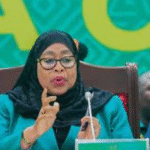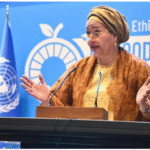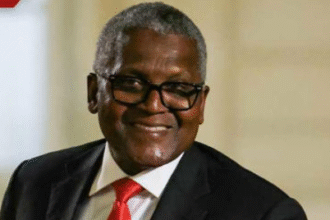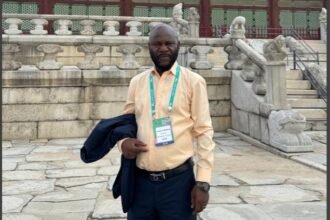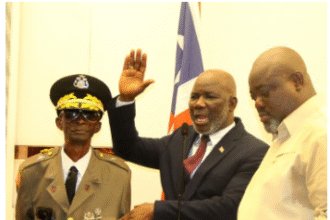By Emily Sims
WASHINGTON D.C. – President Donald Trump has officially announced a sweeping 30% tariff on South African products exported to the United States, effective August 7. The decision, which singles out South Africa among sub-Saharan African nations, underscores the profoundly strained relationship between the Trump administration and President Cyril Ramaphosa’s government.
While other African nations, including Lesotho and Zimbabwe, will face a 15% tariff implemented on the same date, South Africa is notably the only country targeted with the significantly higher levy.
The move represents a substantial economic blow to South Africa, given that the United States is its second-biggest trading partner. Vital South African sectors such as automobile manufacturing, farming, and textiles, which previously enjoyed duty-free access to the US market under the African Growth and Opportunity Act (Agoa), will now be directly impacted by the new duties.

In a concerted effort to avert the tariffs, South Africa had engaged in intense negotiations with the US ahead of Trump’s August 1 deadline. According to Reuters news agency, Pretoria’s proposals included commitments to purchase US liquefied natural gas, simplify rules for American poultry imports, and invest $3.3 billion (£2.5 billion) in US industries like mining.
President Trump justified the tariffs by arguing they would “protect American businesses from foreign competition” and “boost domestic manufacturing and jobs.”
In response to the announcement, South African President Cyril Ramaphosa stated that his administration would “continue negotiating with the US” and had already “submitted a framework deal” to its American counterpart. Ramaphosa added that the government is “finalizing a package to support companies that are vulnerable to the reciprocal tariffs” in the interim.
US-South Africa relations have plunged since President Trump took office in January. The US president previously halted all aid to South Africa, alleging discrimination against the white minority – an accusation South Africa has consistently denied.
A glimmer of hope for mending ties emerged during talks between Ramaphosa and Trump in May, but these failed to yield any significant progress.
Earlier this week, President Trump publicly signaled his dissatisfaction, indicating he might “maybe send someone else” to the upcoming G20 Leaders’ Summit in Johannesburg later this year. “I’ve had a lot of problems with South Africa. They have some very bad policies,” he told reporters, laying bare the deep diplomatic rift.
The imposition of these significant tariffs marks a new low in diplomatic and economic ties between the two nations, leaving South Africa to navigate the immediate economic fallout while pursuing further negotiations to mitigate the damage.



